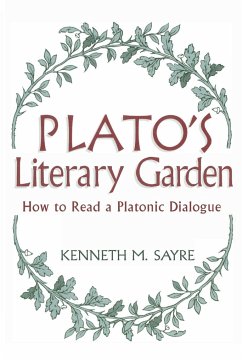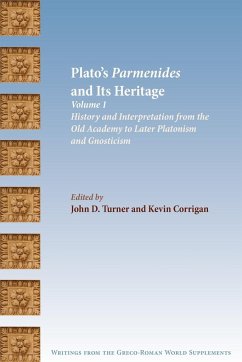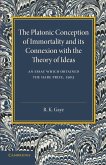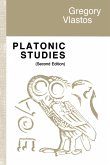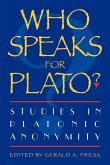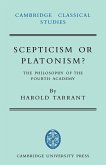Plato's dialogues are universally acknowledged as standing among the masterworks of the Western philosophic tradition. What most readers do not know, however, is that Plato also authored a public letter in which he unequivocally denies ever having written a work of philosophy. If Plato did not view his written dialogues as works of philosophy, how did he conceive them, and how should readers view them? In Plato's Literary Garden, Kenneth M. Sayre brings over thirty years of Platonic scholarship to bear on these questions, arguing that Plato did not intend the dialogues to serve as repositories of philosophic doctrine, but instead composed them as teaching instruments. Focusing on the dramatic structure of the dialogues as well as their logical argumentation, Sayre's study is organized according to the progression of a horticultural metaphor adopted from the Phaedrus. Sayre illustrates each of these metaphorical "stages" with a sustained discussion of relevant dialogues, ranging from the very early Apology to the very late Philebus. In the culminating chapter, he applies the insights gained along the way to a new interpretation of Plato's elusive Form of the Good. In addition to a novel answer to the puzzling question: Why did Plato write the dialogues?, Plato's Literary Garden includes an extended discussion of the considerations that most likely led Plato to write in dialogue form, as well as new analyses of key dialogues such as the Meno, the Symposium
Es gelten unsere Allgemeinen Geschäftsbedingungen: www.buecher.de/agb
Impressum
www.buecher.de ist ein Shop der
buecher.de GmbH & Co. KG
Bürgermeister-Wegele-Str. 12,
86167 Augsburg
Amtsgericht Augsburg HRA 13309
Persönlich haftender Gesellschafter: buecher.de Verwaltungs GmbH
Amtsgericht Augsburg HRB 16890
Vertretungsberechtigte:
Günter Hilger, Geschäftsführer
Christian Sailer, Geschäftsführer
Sitz der Gesellschaft:Augsburg
Ust-IdNr. DE 204210010

